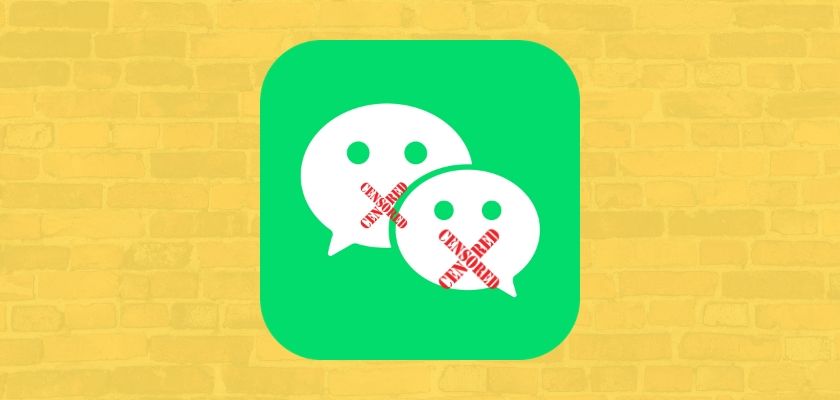It was 30 years on June 4 since China put an end to a large-scale anti-government protest in Beijing’s Tiananmen Square.
The protest started in mid-April 1989, but by early June, the authorities’ patience had run out, and so tanks rolled in to disperse the demonstrators, injuring or killing an unknown number of them.
Although the protest in this communist country came just as similar regimes in Europe were falling like dominoes, and the Soviet Union itself was not long for this world – the Tiananmen square events left no real dent in China’s political and social wall.
In fact, the authorities have since made every effort to make sure it leaves no trace in memory, either, purging any mention from history books, and preventing commemoration or discussion, in physical places, or online. It’s a little like that verse from The Witch of Edmonton: “This were a fine reign: to do ill, and not hear of it again.”
All that being said – Beijing does allow commemorative gatherings in former European colonies Hong Kong and Macau, now autonomous regions under its jurisdiction.
But if BBC reporter Stephen McDonell thought he could post some pictures from Hong Kong, sidestepping the blanket censorship of these events in mainland China – and do it using China’s WeChat app – he has been proven wrong, as his WeChat account was promptly suspended.
Now – it’s unclear why McDonell would ever think he could get away with this – or indeed, that he thought he could – given Beijing’s well-known policy on the topic of dissemination of Tiananmen Square information, and WeChat’s documented previous willing participation in content censorship.
But once his post on WeChat – China’s wildly popular chat, payments, and social media app – had been censored, McDonell took to Twitter to tell the world about the outcome.
Click here to display content from X.
Learn more in X’s privacy policy.
Most commenters commiserated and condemned the decision, with one noticing that their own photos from the Hong Kong vigil had not been blocked – yet. Another suggested to the BBC man to respect the law of the land and not post that which he “has no business posting.”
McDonell replied that he was unaware of any law that he had broken by publishing the pictures.
Free Tutorial: Our step-by-step guide to starting your own website for fun or profit










